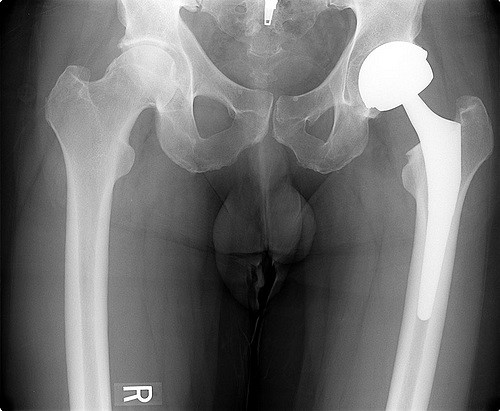Micro-management is demoralising the health system in NSW. It is the subject of continual private conversation across the system. But it is scarcely mentioned in polite company or in public debate. The problem must be named. It is not a new problem.
Micro-management is not a unique problem to the NSW health system. It is common in other health systems in Australia, but not to the same degree. It is also a problem in other departments and agencies in NSW. I had experience as a board member of the State Rail Authority. Major issues were taken out of the hands of the board and senior executives by ministers and their minders. Union secretaries regularly by-passed the CEO and senior executives, and went directly to the minister and his personal staff. How can boards or senior executives be held accountable in such circumstances?
The health system is under continual pressure because of unrealistic public and provider expectations. Pressure points or hot spots are to be found everywhere in the health system. The media focuses on these hot spots. Media managers in ministerial offices respond and in the process involve themselves directly in micro-management of the health systems.
What is the evidence of this problem?
My immediate response is to suggest that you speak privately to almost any senior executive in health, whether clinical or management. They will tell you about the problem, but probably without attribution.
Doctors tell me that while they make decisions affecting literally the life and death of patients, they have very little autonomy or delegation to spend money, even a few hundred dollars. Micro-management comes from the top and people on the front line are denied effective decision-making.
Senior doctors, often of world-renown, are shown little respect by ministerial staffers.
Many health CEOs in NSW are frustrated in the discharge of their duties by micro-management from above. Some have been made scapegoats for problems that they cannot really address.
Several years ago, I wanted to speak to the CEO of a large Area Health Service. There was an industrial dispute at one of his hospitals. I expressed surprise that mid-afternoon he was at home rather than at work. He said with pained resignation: ‘What is the point. The minister’s office has taken over the dispute.’
When I was Chair of the Health Council of NSW in 2000, I was told that I had to clear all speeches with the Minister’s office. I said I wouldn’t. I was an independent and external Chair of an enquiry. Persons working within the system wouldn’t have had the same redress as me. Micro-management extends into every nook and cranny. This was just one example.
Privately, ministerial minders admit micro-management. One senior minder within the last year told me that ministerial responsibility within the Westminster system requires micro-management.
Dr Tom Parry, in his Independent Pricing and Regulatory Tribunal (IPART) review in 2003, wrote: ‘Our key recommendations revolve around better governance and institutional arrangements. We are not proposing that the Department of Health and the Minister give up responsibility and controls over the NSW health system. Rather, we are proposing that the roles and responsibilities of the key layers of the health system … are clarified so that their accountabilities are strengthened.’ This is diplomatic code for curbing micro-management.
How does micro-management work?
Micro-management starts with media management – spin doctoring. To be even more precise, it starts early each morning when ministerial minders, and particularly those in the Premier’s office review the over-night and early morning news stories. Is there a news story that reflects badly on the government? If there is, a media response must be adopted quickly to get the bad news out of the media or at least neutralise it. To do that, ministerial minders need to be in touch with those units in the health system where the news story is based. That is the beginning of micro-management. Media managers with either the presumed or actual approval of their minister in effect crawl over the whole health system. Their concern is to get the story out of the media. Executives have to respond to the minister’s office. Inevitably that triggers micro-management.
Senior executives are forced to spend inordinate time on short-term crisis management. As a consequence of media management, their work priorities are set by the media.
What are the consequences of this micro-management?
Senior executives are reluctant to make decisions. It is best to play safe. They become gun-shy.
Senior executives manage up to the minister and his office rather than administering a very large health system. An inordinate amount of executive time is spent in responses and reports to the minister and the department.
Executives are mired in short-term crisis and detail. Strategic and systems problems get crowded out.
Because of the expanded role of ministerial offices, executives are encouraged to play the political game. Some are very good at it.
Money is wasted as a result of the media management which drives the micro-management. Money is thrown at hot spots with little consideration of the systems failures that need addressing. Today NSW Health spends over $10 billion annually. That is double what it was in 1996-97. I am certain that extra money is more about solving media problems than health problems. In 2003, Tom Parry put it bluntly, ‘It is not obvious that increased government expenditure necessarily results in better health outcomes.’
Micro-management cannot be blamed on the federal government or others. It is a creation of state ministers and their minders. Many of them are proud of it and have been delighted to export their media management and micro-management skills to other state governments. They ignore the consequences for the management of the health system.
Media management is corrupting not only public debate but also public management. The public health system performs remarkably well. That is because of the professionalism and dedication of the people who work within it. The problems in health are almost entirely political.



